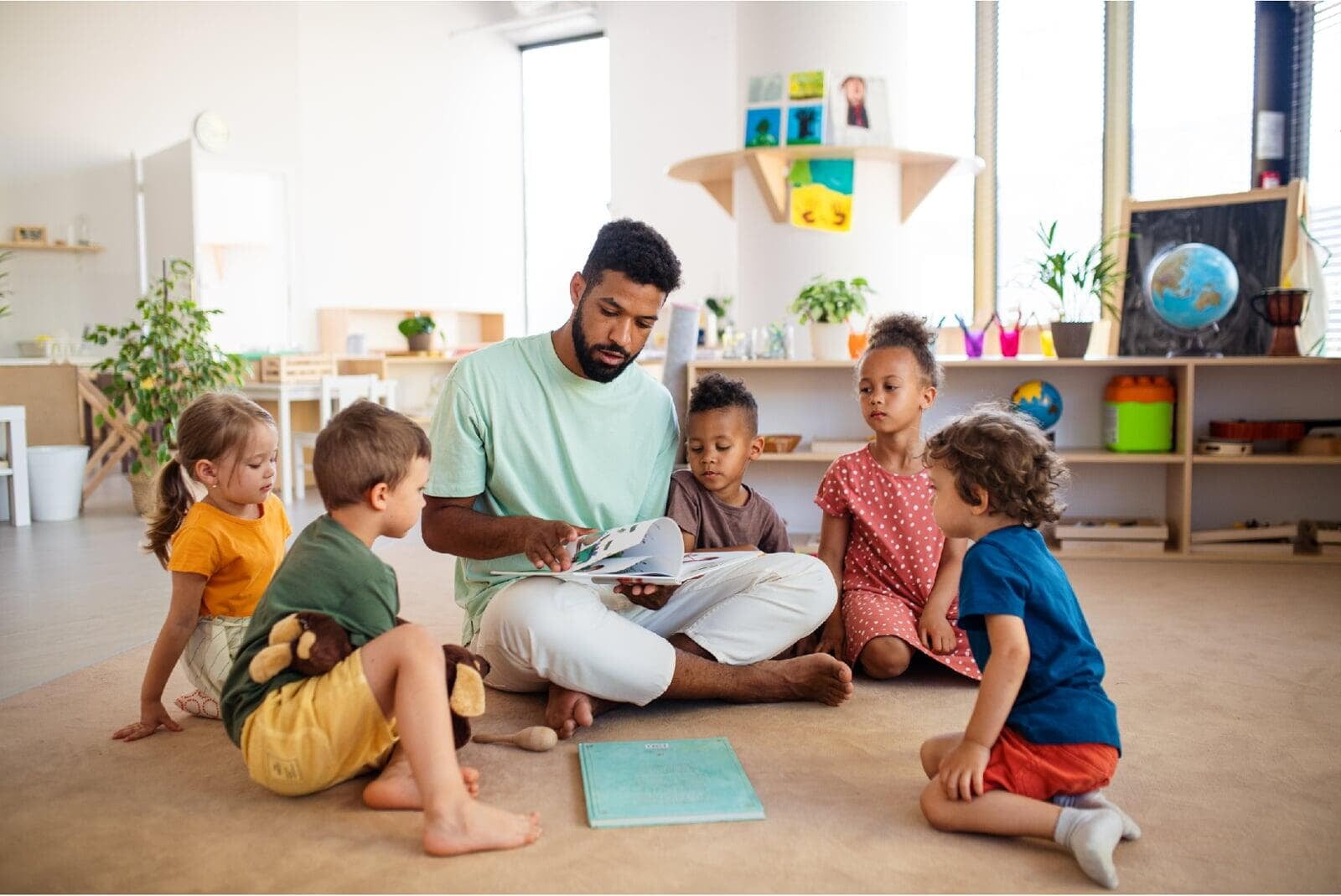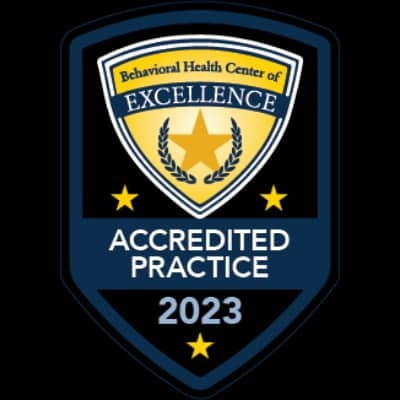
By: Cristina Martínez
M.B.A, M.S, BCBA, LBA
Coauthor: Ariadna Martin,
MS
Social Skills Groups
Social Skills Groups are coming up soon at the American Behavioral Solutions (ABS) Therapy Centers, so it would be good in this space to share details about them so that everyone is more informed about what they are and how children benefit from participating in them.
First of all, what are Social Skills Groups?
A social skills group is a structured setting where individuals, typically children with social communication challenges, practice and develop interpersonal skills. The group setting provides a supportive environment where participants can interact with peers, work on communication, problem-solving, emotional regulation, and other social skills, all under the guidance of a facilitator or therapist.
Then… what happens in Social Skills Groups?
Basically, kids will engage in activities and exercises aimed at enhancing their social abilities. The particular activities will differ based on the group's objectives and the age range of the participants. Some of these activities may include:
- Role-playing: children take on various roles and act out different social situations. They practice communicating, problem-solving, and resolving conflicts with peers, helping them develop strategies for handling real-life interactions.
- Cooperative games and activities: Through team-building exercises and group projects, children learn the importance of teamwork, collaboration, and social interaction. These activities help them build communication and cooperation skills.
- Emotional regulation exercises: Helping children manage their emotions is a key part of social skills development. They may participate in activities that teach them to recognize and express their feelings, as well as strategies to handle anger, frustration, anxiety, or sensory issues.
Wondering if it would be good for your child to participate in Social Skills Groups?
A social skills group could be a great fit for your child if they struggle with social interactions or communication, or if they would benefit from guided practice in building relationships and navigating social situations. Here are some specific elements to consider when deciding if it's a good option:
- If your child has difficulty making friends, understanding social cues, or participating in group activities, a social skills group can provide a supportive space to work on these areas. The structured and supervised environment allows children to practice social skills with peers who may have similar challenges, making it a less intimidating setting for growth.
- Social skills groups are often tailored to specific needs, such as emotional regulation, conflict resolution, or building confidence in social settings. If these align with areas your child needs help with, the group can be very beneficial.
- These groups can boost your child's self-esteem by helping them succeed in social situations, which may translate into more positive interactions in daily life.
It is important to take into account that prerequisite skills are needed for kids to participate (basic communication, ability to follow directions, attention and focus, basic emotional regulation, etc.), associated with the fact that clients will not have a direct service provider supervising them, but a therapist or analyst will be leading a group of 2-8 children.
Considering the particularities of this service, as well as the individual needs of the client, the ABS behavior analyst will be able to determine how beneficial this service would be for your child, as well as the ideal schedule to obtain the best results. For our part, we will have everything ready very soon!


